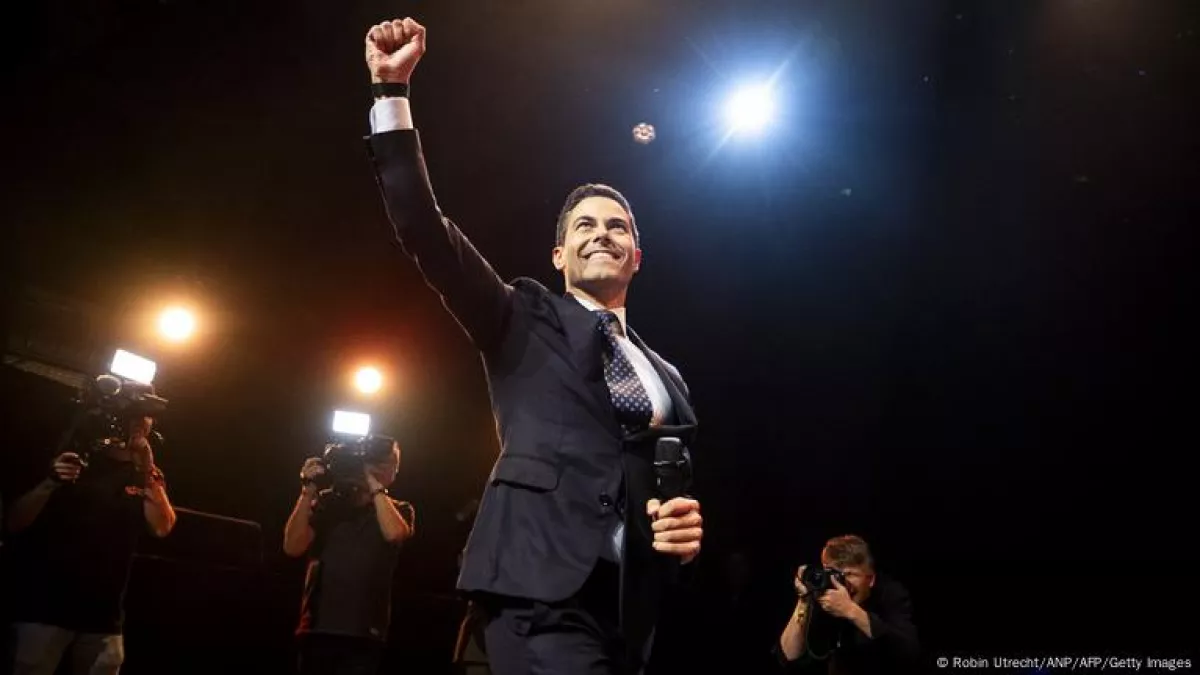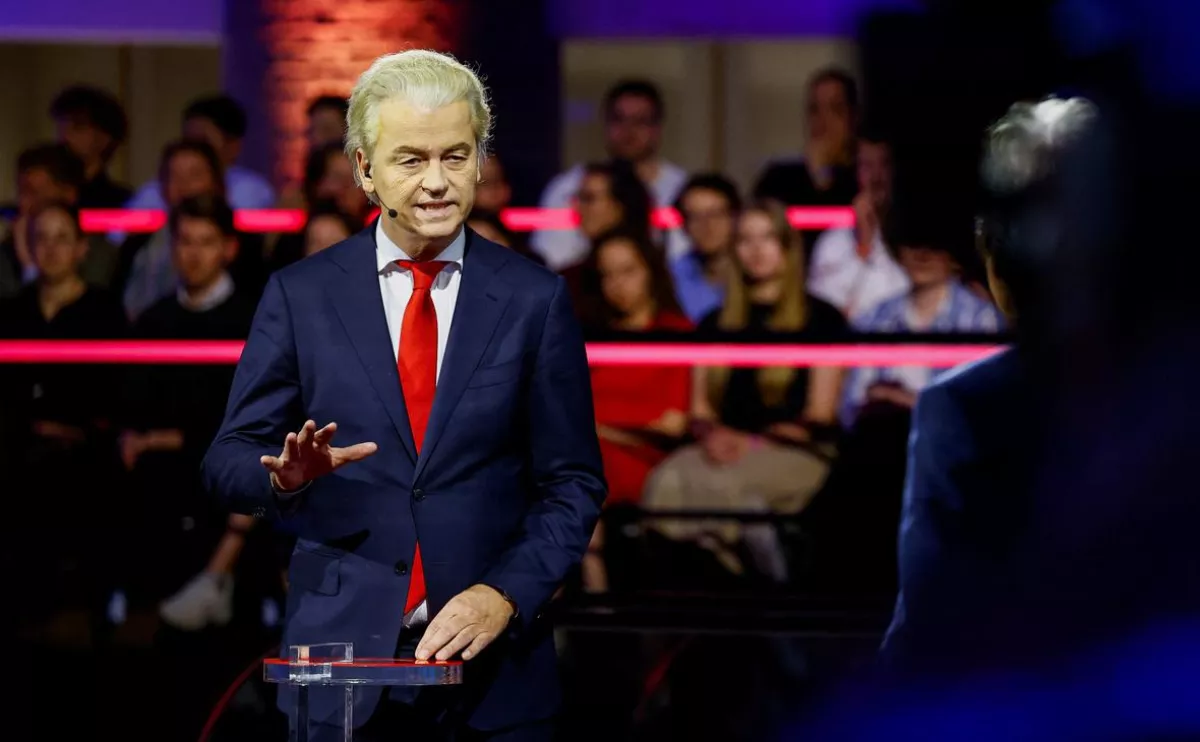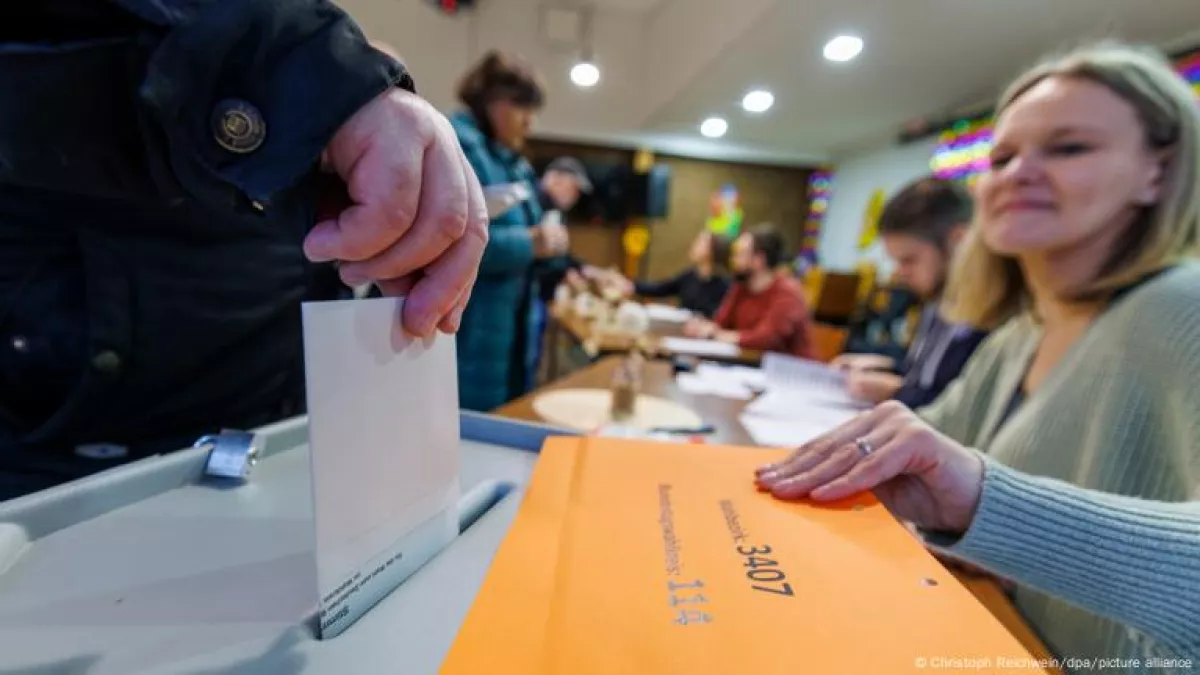Jetten’s victory: the end of the Wilders era? Dutch elections in Focus
According to preliminary results, the left-liberal party Democrats 66 has won the recent elections in the Netherlands held on October 29. Estimates indicate that the Dutch liberals are set to secure at least 27 seats in the 150-seat House of Representatives, the lower chamber of parliament. Their main opponents—the Islamophobic far-right Party for Freedom led by Geert Wilders, who was the favourite in the previous election race—are expected by experts to gain no more than 25 seats.
The eccentric leader of the Party for Freedom was forced to acknowledge his defeat, writing on social media: “The voter has spoken. We had hoped for a different result, but kept our backs straight. We are more combative than ever and still the second and maybe even the biggest party of the Netherlands.” Given that the right-wing bloc lost at least 12 seats, his statement can be seen as putting on a brave face despite a poor result.
Since none of the parties participating in the elections won an absolute majority, Dutch politicians are likely to spend the coming months forming a coalition government. The most probable candidate for prime minister is Democrats 66 leader Rob Jetten.

This 38-year-old politician has every chance of becoming the youngest prime minister in Dutch history. In 2023, he took the helm of Democrats 66 and quickly propelled the party forward. Much of his popularity came from participating in the trendy quiz show De Slimste Mens during his election campaign. Jetten presents himself as a centrist liberal and a progressive patriot. In his campaign, he called for “controlling the influx of migrants.”
An interesting personal detail is that Jetten identifies as part of the LGBT community and lives with Argentine hockey player Nicolás Keenan, an Olympian in Tokyo and Paris. However, among Dutch politicians, such personal choices are no longer surprising.
After his victory, Jetten addressed a jubilant crowd of supporters, saying: “We have succeeded. Millions of Dutch citizens have chosen positive forces and a politics that looks to the future.” Interestingly, while new parties without a long and controversial history often prevail in recent European elections, Democrats 66 have been part of Dutch politics for 59 years. Only now have they managed to become the country’s leading political party, gaining 18 additional seats in the House of Representatives.
The main issues debated during the Dutch election campaign were housing costs, immigration, and crime. However, Western commentators largely viewed the vote as a referendum on trust in Geert Wilders and his Party for Freedom.

In 2023, he achieved an impressive victory, turning himself and his supporters from outsiders into one of the country’s leading political forces. Wilders employed radical anti-Islam rhetoric, calling for a ban on migration from Muslim countries, the introduction of a hijab tax, and an end to granting asylum rights.
In June 2025, Wilders pulled his party out of the ruling coalition, claiming that it was hindering the implementation of plans to introduce “the strictest migration policy in the country’s history.” This decision triggered the early elections. Until the very last moment, the Party for Freedom’s victory seemed inevitable—both numerous opinion polls and the broader European trend of rising support for far-right movements had suggested so.
However, Wilders miscalculated. After the defeat, the Party for Freedom leader told journalists that he did not regret his decision, even though his party had suffered significant losses.
Léonie de Jonge, an expert on far-right extremism from the University of Tübingen, noted that a clear victory will not make the immediate future much easier for Dutch liberals. “D66 gets to initiate the formation of the government, but still I think the underlying message of the election is that the far right is not defeated. I think the real challenge is moving forward, forming a government with the increasingly fragmented landscape that Dutch politics now constitutes,” she said.
On October 31, Rob Jetten called on all major parties to come together: “Voters have clearly indicated the need for cooperation. We want to find a majority that will eagerly work on issues such as the housing market, migration, climate and the economy.”
Forming a ruling coalition in the Netherlands is an extremely difficult task. Due to the country’s fragmented political system, this process has become increasingly complex and time-consuming. In 2021, it took a record 299 days—almost a year—for politicians to implement the will of the voters. The outcome of the latest campaign also underscores the entrenched fragmentation in the Netherlands. Never before in the country’s history has the winning party received less than 20% of the vote, and it is unlikely that a stable coalition can be formed from such small parties.

The Dutch elections were seen as a test of whether far-right forces could expand their influence, or whether their popularity in parts of Europe had already peaked. The results showed that their appeal has limits—a fact that is welcome to the EU establishment. Disagreements within the previous coalition led the Netherlands, long a prominent player in the European Union, to be perceived as a country not fully engaging with Brussels, unlike during the long tenure of former Prime Minister Mark Rutte, who is now NATO Secretary General.
Sander Tordoir, chief economist at the Centre for European Reform, stated that “Europe cannot afford another Dutch government that drifts and is absent in the European debate.” He also noted that the Netherlands is one of the largest and most successful economies in the eurozone, and if it “remains missing in action, Europe's single market, defense effort and economic security will suffer.”
However, Dutch liberals should not be too euphoric about their success. As Turkish media have noted, “It seems that right-wing voters in the Netherlands punished the right and far-right parties that toppled the old government but proved incapable of working in a coalition, favouring untested far-right parties such as JA21 and FVD. This shows that the far-right has not retreated; on the contrary, it has split into factions and continues to shape the core political agenda. As elsewhere in Europe, the far-right in the Netherlands not only maintains its positions but also draws centre-right and centre-left parties into its orbit.”








